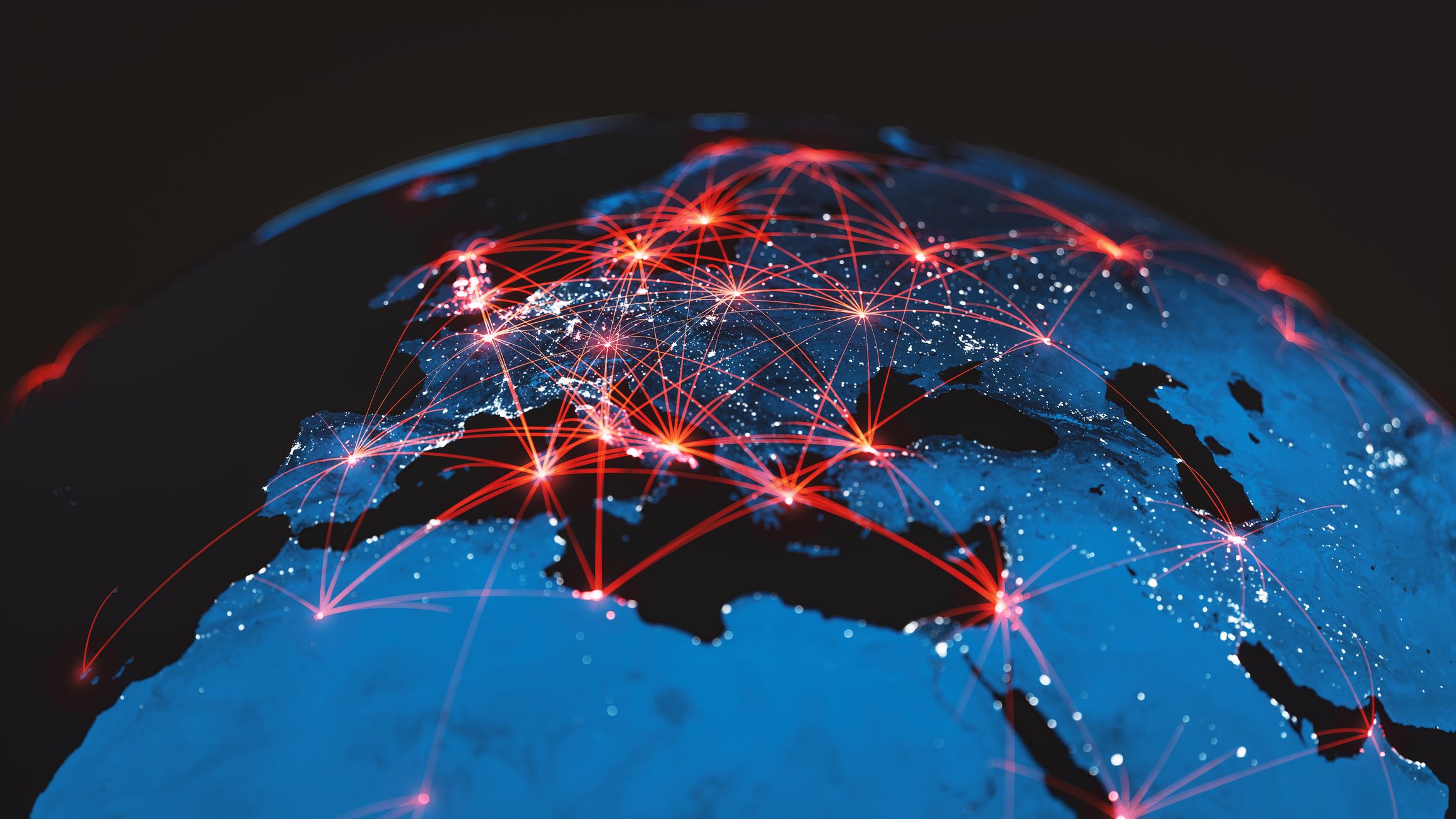
Reflection is something many of us have done quite a bit of lately. Here’s what I’ve observed since a pandemic was declared in March 2020, which can be loosely categorized into three areas: control, connection and communication.
The pandemic has seen a massive shift in the locus of control as it relates to healthcare. For many years, there’s been a push toward greater levels of medical autonomy, personalization and patient- or citizen-centered care. This was a reaction to recognized failures in our more paternalistic healthcare systems, which appear to be ever less capable of dealing with the complexities of the chronic and degenerative diseases that have emerged as their greatest burdens.
These diseases demand more than a quick symptom-based diagnosis from a primary care physician or general practitioner. The prevailing “pill for an ill” and “name it and tame it” approaches have done little to alter the spiraling trajectory of lifestyle-based diseases.
The former head of Natwest Bank, Derek Wanless, published two reports in the UK back in 2002 and 2004 at the request of then-prime minister Tony Blair. The goal was to evaluate the National Health Service (NHS), the world’s fifth largest employer, and look at what it needed to do to become sustainable.
I remember meeting with Wanless’ team in 2003. Two elements that fell out of thousands of hours of research and hundreds of pages of reporting left their mark in my mind. One was that the NHS had become a “disease management system” that did little to regenerate health.
The second was the dearth of patient engagement. Citizens didn’t understand their diseases or conditions well enough to gauge which options might be best for them. It had become the doctor’s job, not the patient’s, to decide what to do.
The solution, of course, was to develop a society with empowered and engaged citizens. Being able to choose the approach to your treatment or regeneration that makes most sense to you, because you know yourself, your life and your circumstances better than anyone else.
Higher levels of self-care were also a big part of the solution, so that people could do more to look after themselves without having to wait for the doctor’s prescription or recommendation.
These ideas—the democratization of health, patient empowerment and self-care—have gained momentum over the years, both in the UK and US. But then came Covid-19, and we were propelled back into the Dark Ages.
Family doctors were no longer in charge of the health of their patients; select groups of scientists were. Top-down, one-size-fits-all healthcare at its worst. Not only that, but myopic too—focused on one pathogen, at the expense of the noncommunicable diseases that have consistently remained the biggest killers in society, even during the pandemic.
I’m deeply disturbed by how a pandemic based on a new pathogen that ostensibly demanded we socially distance has left a mark on our obligate social species. Social cohesion has been battered.
We hear a lot about polarization, but there are not just two camps. Societies have become splintered, just as they’re being told they need to adapt to global governance, something that appears to have been prioritized by the twin crises of climate change and Covid-19.
Families have found themselves split over the issue of vaccination. Mothers who are concerned about how an mRNA-generated spike protein might concentrate in their young daughter’s ovaries are marginalized and stigmatized as ‘anti-vaxxers’ simply because they care. People with autoimmune histories who have managed to see some level of health normalcy return after cleaning up their exposures to all possible environmental triggers similarly are stigmatized if they choose to avoid vaccination.
Why is it OK to apportion rights and civil liberties according to vaccination status?
On the upside, some have become more connected to the environment or more aware of the huge challenges it faces. Many have found ways of reducing their negative impacts on the environment—it’s almost as if we’ve traded a degree of social connection for environmental connection.
When have we seen such a concerted sidelining of dissenting views? Not since McCarthyism in the 1950s, at least in the Western world, and certainly not during this digital age. We have to find ways to re-establish balance in journalism and freedom of speech in social media.
Politicians in democratic societies need to remember their commitments to citizens as their elected representatives and communicate our concerns, not stifle them. The pandemic has sent us reeling backward, and the so-called “free world” has turned its back, at least for the time being, on any semblance of the freedom of expression that helped it reflect all the wonders of being human.
Only a re-energized civil rights movement can make this happen. That we know from history. So let’s get on with it.